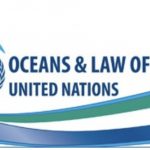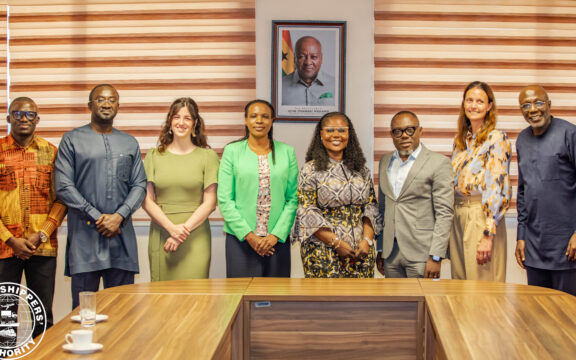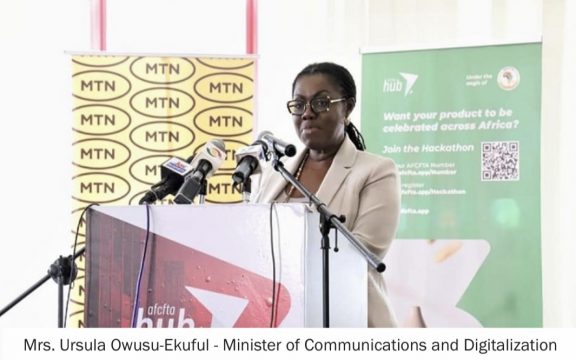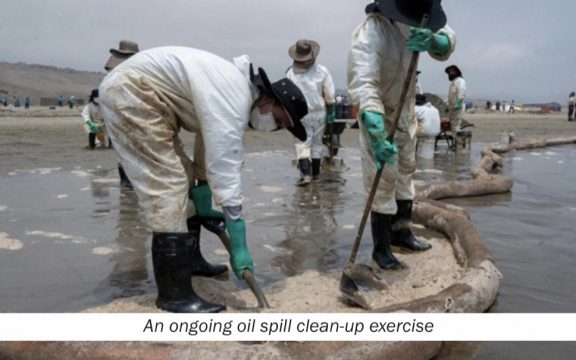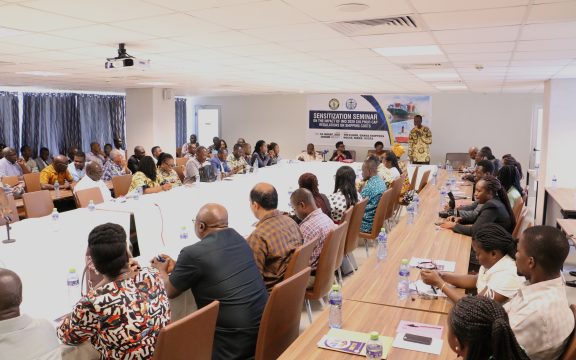One might look at the logistics and transport industry and assume it is all about moving goods from one place to another, which might be right! This is the central idea behind the industry. However, to efficiently carry out this simple concept, an essential part of the success of this story is people. Qualified, experienced, hands-on professionals are usually the determinants of the high success rates and survival of the entire supply chain (presently and in the future).
A real dichotomy exists now between the structural setup of many industries before and after COVID-19. Supply chains have become more complex because of global sourcing. The strained supply chains routes, inflation, looming global economic recession and labor shortages around the world have all been unforgiving yet, customers’ demands for goods and other services remain unchanged.
Our first problem, being the adoption of such existing inventory systems as; First In, First Out (FIFO), Just-In-Time, “ABC”, among others, have led to the failure and collapses of many businesses. Businesses have been left with empty shelves, coupled with increased costs of materials and high production outputs. This case is no different in the Ghanaian setting considering the economy’s heavy reliance on imports, high costs in clearing goods at the port, increased taxes and the overall aftermath of the pandemic.
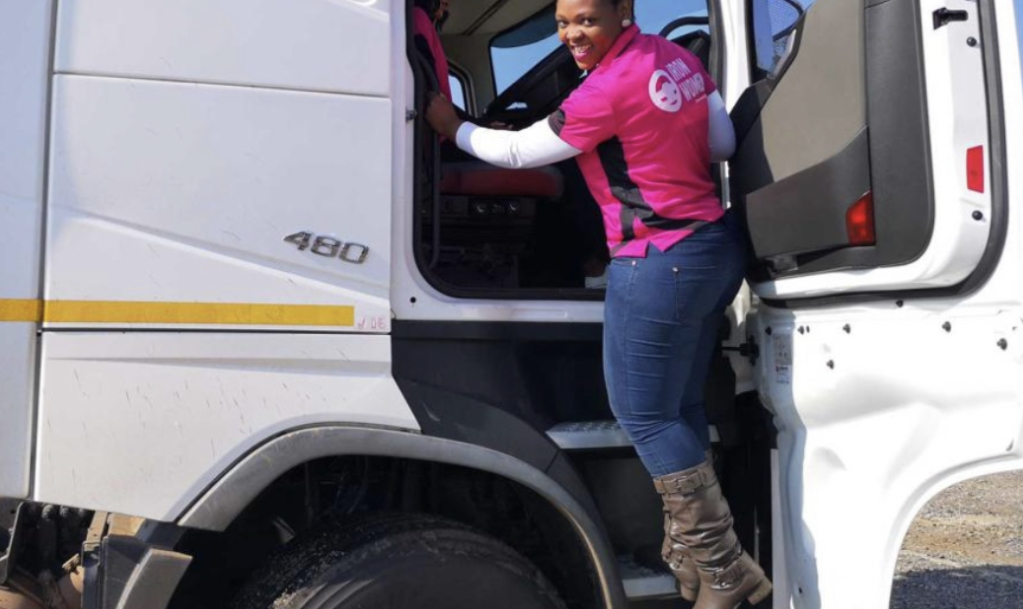 The industry is presented with a plethora of uncertainties, nevertheless, it has presented a unique opportunity worth taking advantage of to cause a rebrand of the situation; rebranding to make the industry more attractive and transparent in a bid to make it more appealing to younger generations.
The industry is presented with a plethora of uncertainties, nevertheless, it has presented a unique opportunity worth taking advantage of to cause a rebrand of the situation; rebranding to make the industry more attractive and transparent in a bid to make it more appealing to younger generations.
The Organisation for Economic Cooperation and Development (OECD) and the International Transport Forum estimated that 90% of the world’s traded goods are carried by sea. The World Bank’s Vice President for Western and Central Africa, Ousmane Daigana, also estimated Africa’s exports contribution at just 3% earlier this year in Accra. He suggested that it was high time that Africa expanded her thinking capacities beyond traditional approaches and traditional markets in order to in time, play an active role in international trade. “Furthermore, I would like to expand on the existing organizational culture that tends to uphold negative stereotypes and misconceptions in our societies that have seeped into work life” he added.
Women in Businesses in Ghana
Ghanaian women possess a long history of resilience and tenacity in facing challenges since the nation’s independence 65 years ago, and even decades before. To mention a few, the National Council of Ghana Women (NCGW), an organization set up in 1960 to admit businesswomen across a wide array of business environments, spearheaded and participated in several protests for civil and women’s rights, etc. in the 1960s when it fought tirelessly for women’s diverse interests.
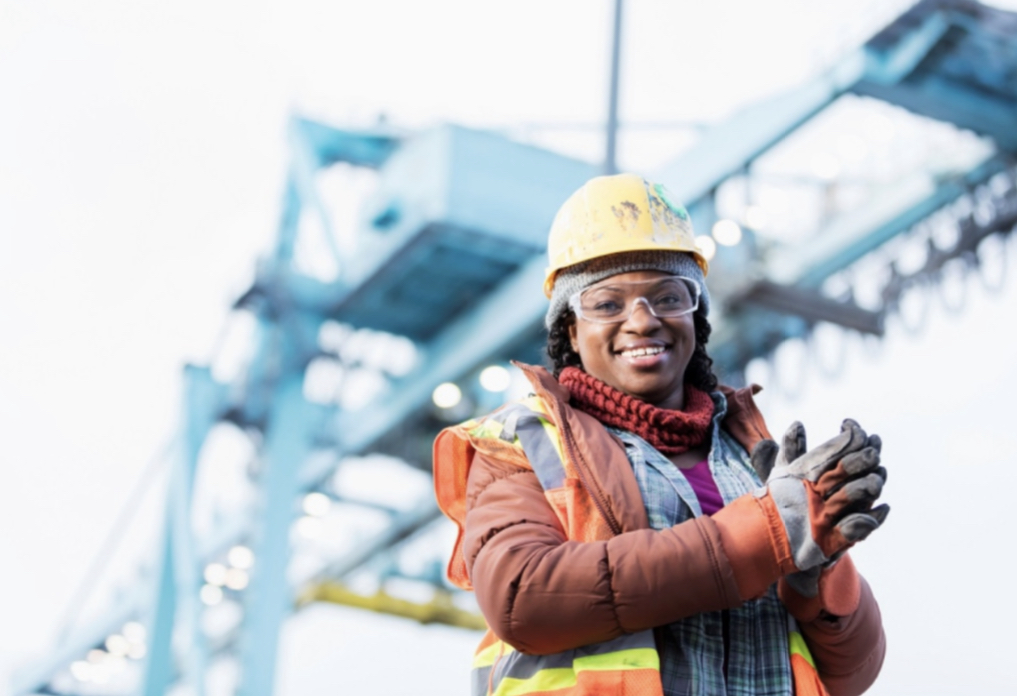 However, after the overthrow of Dr. Kwame Nkrumah, the leaders of the 1966 military coup had the group disbanded. Again, in the early 1990’s, prior to the ushering in of Ghana’s 4th Republic, the 31st December Women’s Movement came into existence. A fierce, strong-willed set of women with the aim of empowering women in all areas for national development, introduced the agenda in an attempt to alleviate women from poverty.
However, after the overthrow of Dr. Kwame Nkrumah, the leaders of the 1966 military coup had the group disbanded. Again, in the early 1990’s, prior to the ushering in of Ghana’s 4th Republic, the 31st December Women’s Movement came into existence. A fierce, strong-willed set of women with the aim of empowering women in all areas for national development, introduced the agenda in an attempt to alleviate women from poverty.
A recent report by the MasterCard Index of Women Entrepreneurs in 2018 ranked Ghana 1st ahead of Uganda (3rd place) and United States (23rd place) with 46% of its businesses led and owned by women. Although most of these businesses operate at the informal, micro-medium levels such as the manufacturing, agricultural and service-rendering sectors of the economy, the vital contributions women have made in any establishment cannot be downplayed.
The stereotype that women are less dedicated to project deliverables, unwilling to commit long hours to particular jobs, and/or simply cannot work to meet deadlines, is a lie: a misconception that needs uprooting completely because these traits simply contradict the abilities of Ghanaian women.
Women In Maritime Industry
There is ample evidence that investing in women is one of the most effective ways of uplifting communities, companies and countries at large. The International Maritime Organization (IMO) acknowledged a 2021 report by the Global Seafarer Workforce which indicated that women represent a measly 1.2% of the total workforce. In this century, such a result is deemed appalling, disgraceful and unacceptable, especially considering that measures are underway to achieve the UN’s 2030 Agenda for Sustainable Development particularly Goal 5, which is to “Achieve gender equality and empower all women and girls”.
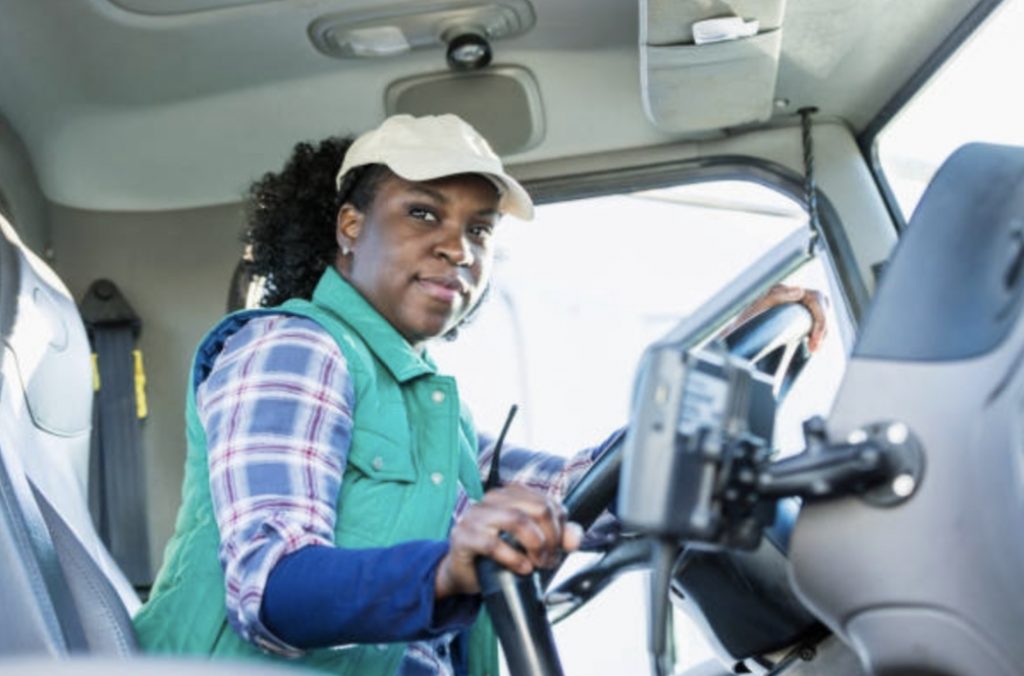 It is also interesting to note that according to this same report, there appears to be an expected shortage in the total supply of qualified, trained personnel by 2030. For example, if there is an increase in demand at Standards of Training, Certification and Watchkeeping for Seafarers (STCW) for certified officers, an additional 90,000 professionals would be required to operate merchant fleets worldwide.
It is also interesting to note that according to this same report, there appears to be an expected shortage in the total supply of qualified, trained personnel by 2030. For example, if there is an increase in demand at Standards of Training, Certification and Watchkeeping for Seafarers (STCW) for certified officers, an additional 90,000 professionals would be required to operate merchant fleets worldwide.
Ghana, on the other hand, is up to the task. “The remarkable success of some women in the port and maritime industry is a testament of the need to eliminate all forms of discrimination and gender inequalities in the industry,” said Mrs. Linda Vasnani, Chief Operating Officer at Consolidated Shipping Agencies Ghana when she visited the Tema Port.
To meet the demand in the industry, it is vital to actively promote careers at sea and enhance maritime education and training worldwide.
“Obi nnim a, obi kyere,”
The Adinkra symbol “Nea Onnim” literally translates as “if one does not know, another teaches”. Acquiring knowledge is instrumental to being able to thrive in any industry. It is imperative that women actively seek avenues that would broaden their knowledge in the Maritime industry by attending networking events, taking up opportunities to participate in mentoring schemes or adopting a “go-getter” attitude (where they would reach out to individuals that they believe can help in that regard).
The Chartered Institute of Logistics and Transport Ghana has an academic structure that enrolls prospective students onto courses through affiliated universities and institutions, where relevant programs are offered with either international certificates, diplomas and/or advanced diplomas administered at the end of the program.
 Women must arm themselves with knowledge on the laws, STCW guides, regulations and procedures, INCOTERMS, etc. concerned with the maritime industry. In the able words of Dr. Maya Angelou, “we may encounter many defeats, but we must not be defeated”.
Women must arm themselves with knowledge on the laws, STCW guides, regulations and procedures, INCOTERMS, etc. concerned with the maritime industry. In the able words of Dr. Maya Angelou, “we may encounter many defeats, but we must not be defeated”.
References
- ICS Workforce Report, “New BIMCO/ICS Seafarer Workforce report warns of serious potential officer shortage”, Press Release, (July 2021)
- IMO, ‘Women in Maritime: IMO’s Gender Programme’, IMO, pp. 1-3 (2016)
https://www.imo.org/en/OurWork/TechnicalCooperation/Pages/WomenInMaritime.aspx
- OECD.ORG/Ocean shipping and shipbuilding
- See MasterCard Index of Women Entrepreneurs: Benchmark Women Business Owners (MIWE), Final Report, pp.22-25 (2018)
- Agyeman-Rawlings, N. K., “It takes a woman: A life shaped by heritage, leadership and the women who defined hope”. Hillcroft Bay Press. (2018)
- www.31stdwm.org/pgs/hmp
By: Shirley Boama, MSc, CMILT

